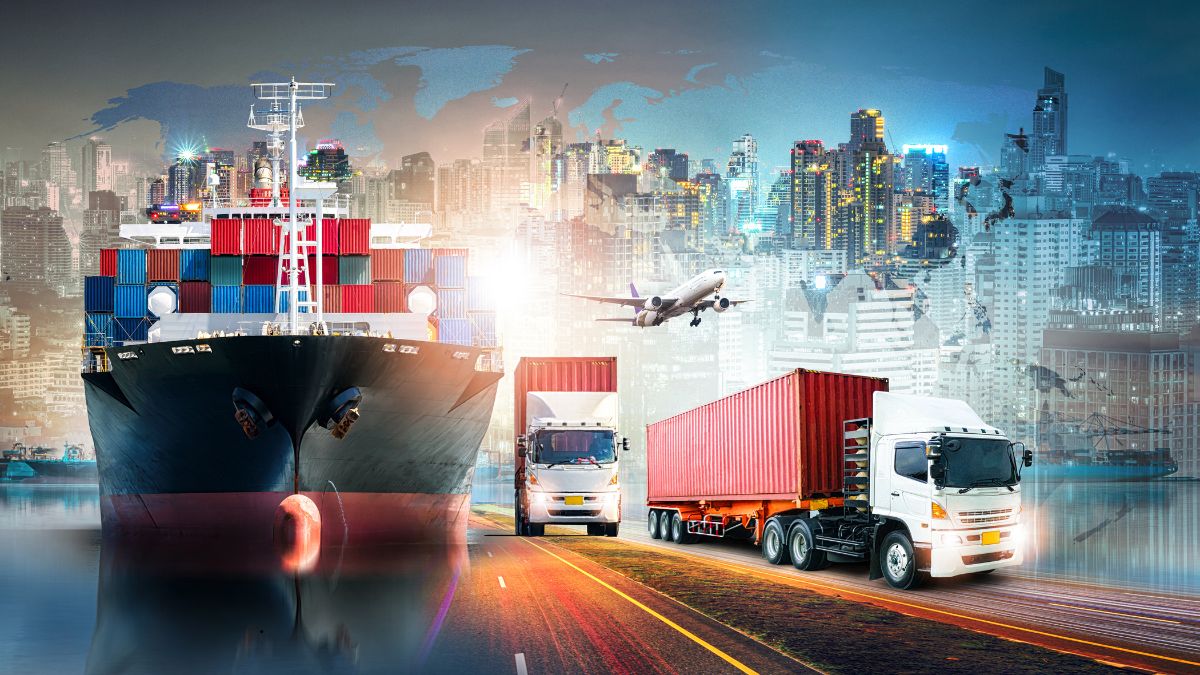
If you’re thinking about importing goods into South Africa or exporting products to international markets, there are a few important things you need to do first.
Contrary to what a lot of people might think, you can’t just buy and sell across borders without the right paperwork, customs approvals, and licenses.
One of the biggest mistakes new importers and exporters make is assuming they can start trading right away—only to have their shipments stuck at customs because they don’t have an Import/Export License.
This is NOT a situation you want to find yourself in…
To help you avoid costly delays and fines, we’re breaking down everything you need to start an import/export business in South Africa.
What Is an Import/Export Business?
An import/export business is a company that buys and sells goods across international borders.
-
Importing means bringing products from another country into South Africa.
-
Exporting means selling South African-made products to buyers in other countries.
While this can be a great business opportunity, it also means dealing with customs rules, tax laws, and strict regulations.
What Do You Need to Start an Import/Export Business?
1. Register Your Business with the CIPC
To legally trade, your business must be registered with the Companies and Intellectual Property Commission (CIPC).
2. Get an Import/Export License from SARS
You need this if:
-
You exceed R150,000 in import/export value annually.
-
You conduct more than 3 shipments per year.
-
You import/export for business and not personal use.
Apply by submitting the DA 185 form with:
-
Company registration certificate
-
SARS tax clearance certificate
-
Bank confirmation letter
-
Certified ID copy
3. Understand Import Duties, VAT & Customs Fees
-
Imports: Pay 15% VAT + customs duties (varies by product).
-
Exports: Usually zero-rated for VAT, but clear records are required.
4. Work with a Reliable Shipping & Logistics Partner
Choose wisely between air (fast, costly) and sea freight (slow, cheaper).
5. Check Product Restrictions & Trade Agreements
Some products (like food, alcohol, pharmaceuticals) need special permits.
Common Mistakes to Avoid
-
Not getting a license before trading.
-
Ignoring VAT/customs duties.
-
Overlooking shipping delays and costs.
-
Not checking for restricted goods.
Get Your Import/Export License the Easy Way
If the SARS process feels overwhelming, services like Govchain can help streamline paperwork and ensure fast, compliant applications.
Disclaimer: The content above is based on publicly available government data, SARS guidelines, and expert sources across the internet. Regulatory requirements and procedures are subject to change. Always consult official authorities or compliance professionals before making business decisions.

